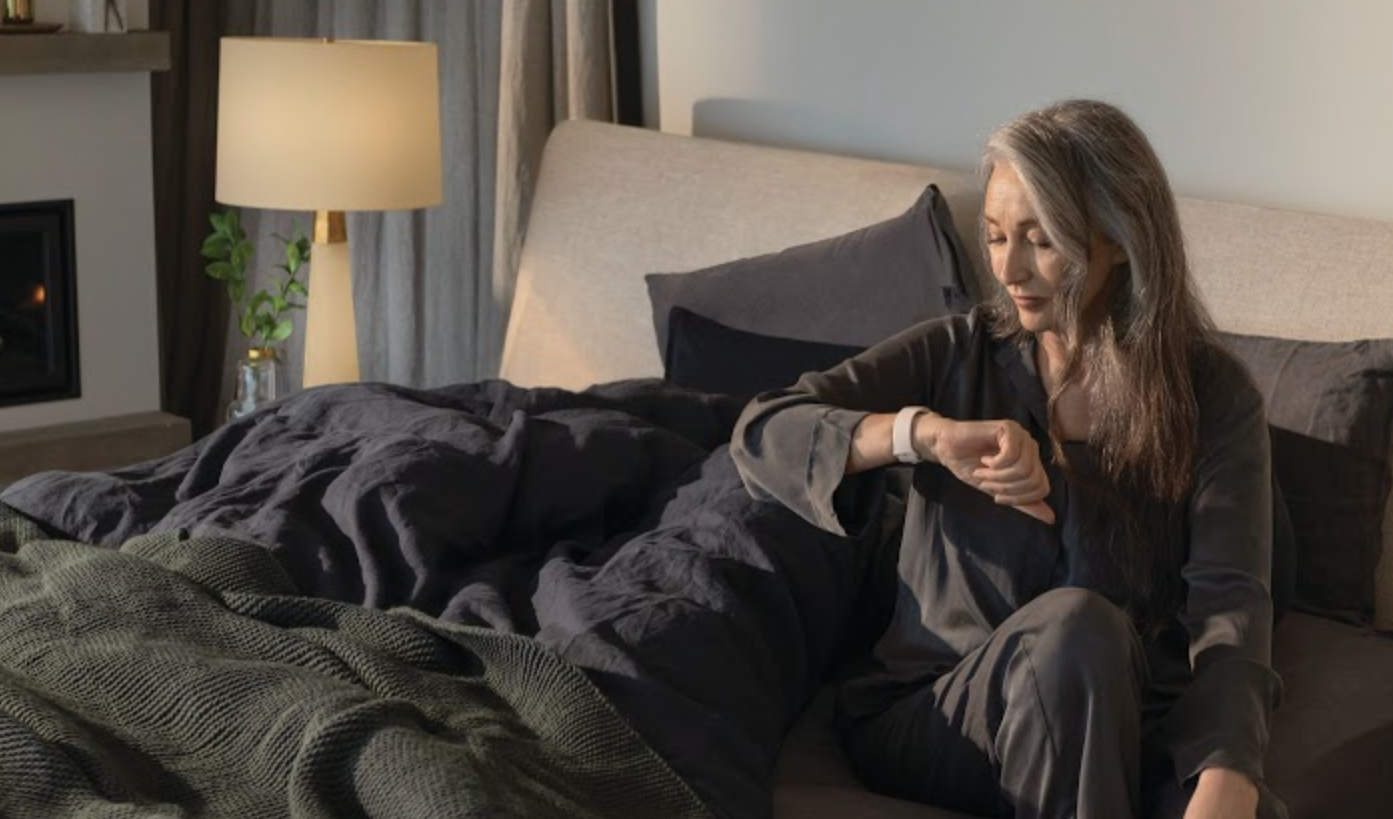How Wearables Will Play a Critical Role in Supporting Seniors
More and more seniors are turning to smart wearable technology to help them live healthier and more active lives. In a comprehensive study conducted by AARP, 45 percent of participating seniors reported increased motivation for healthier living after just six weeks of using wearables. And 67 percent of participants overall felt that such wearables were beneficial or of value.
Let’s take a closer look at four reasons why wearables may be the secret ingredient that can help support seniors in managing their health.
Wearables Encourage Daily Movement
While the CDC’s recommendation of 150 minutes of movement each week may sound like a lot of time for seniors, it’s not as daunting when you break it into daily sessions of 30 minutes a day, five days a week.
Daily movement is important for everyone, including seniors, as regular exercise is a vital component of long-term physical and mental health. Regular physical activity can help reduce blood pressure, reduce risk of chronic disease, mitigate anxiety, and improve sleep. It can also boost a person’s overall mood. Studies show that exercise can treat mild to moderate depression as effectively as antidepressant medication, without the possible side effect.
Wearables such as Fitbit devices can help motivate in all kinds of ways: by providing reminders to move, showing real-time stats such as activity, heart rate, and step count, and tracking daily and weekly step and exercise goals.
Wearables Offer Convenience
Since the pandemic, people are turning to home gyms and virtual workouts to stay active–and Fitbit is here to help! By using a Fitbit device and a Fitbit Premium membership, seniors who can no longer get to a gym can still stay active by taking virtual classes on their own convenient schedule.
Fitbit Premium offers programs and workout plans for every goal. Seniors can find hundreds of training classes for functional fitness that can help improve their balance, strength, and flexibility. Fitbit Premium also includes audio workouts that help nurture your mind, body, and soul (a favorite of mine is the “Clear Your Mind Walking Meditation”).
Wearables Can Help Seniors Feel More Independent
One other factor of high importance to seniors is independence. According to AARP research, three in four older Americans want to stay in their homes and age in place, and technology that allows them to track their health virtually can be critical to helping them achieve that goal. A wearable can help them track important metrics such as resting heart rate, sleep quality and even help track their weight loss or gain over time.
With a wearable, seniors can set reminders to take their medication and to exercise. Fitbit Premium also provides a Wellness Report, which is a printable and easy-to-read overview of a person’s health and wellness data, including stats and charts for their heart data, weight (if tracked or self-logged), sleep, and activity for the last 30 days and up to the last year. The report also includes some guidelines to help people understand what this data means.
The Fitbit Wellness Report gives seniors a record of their health data that they can share with their doctors. This is a valuable feature of Fitbit Premium, as research has shown that digital therapeutics can be used to help track health data, allowing a person to take proactive steps before medical conditions get worse.
With so many benefits of wearables, the hardest choice for seniors might just be deciding which device fits their style.
